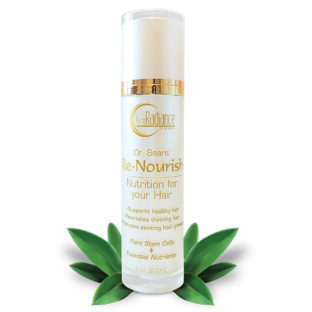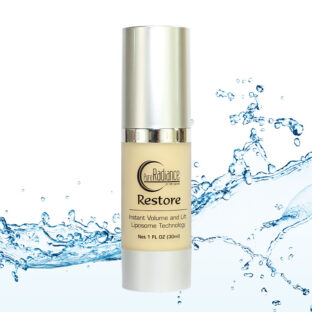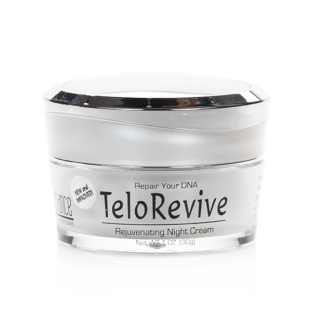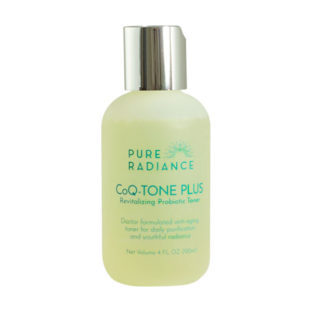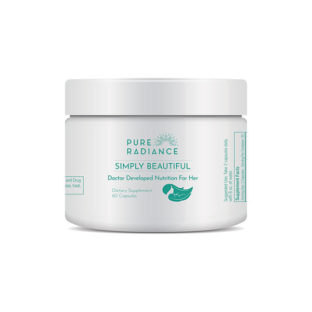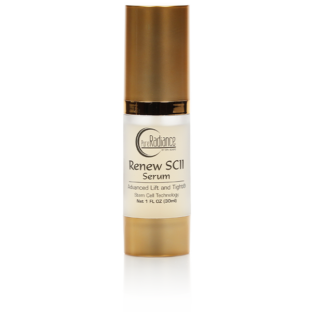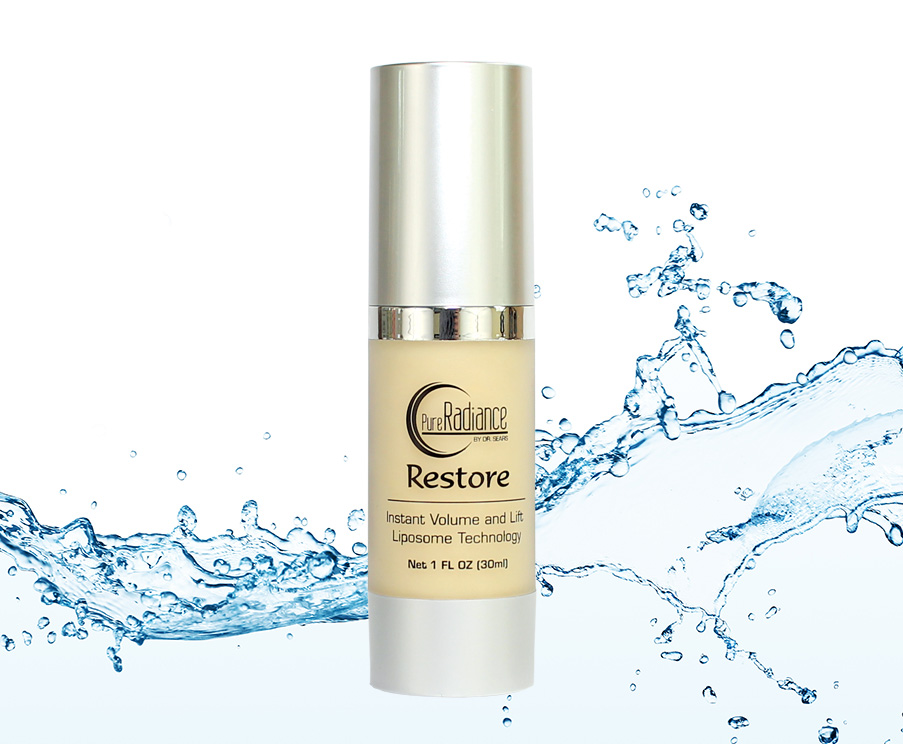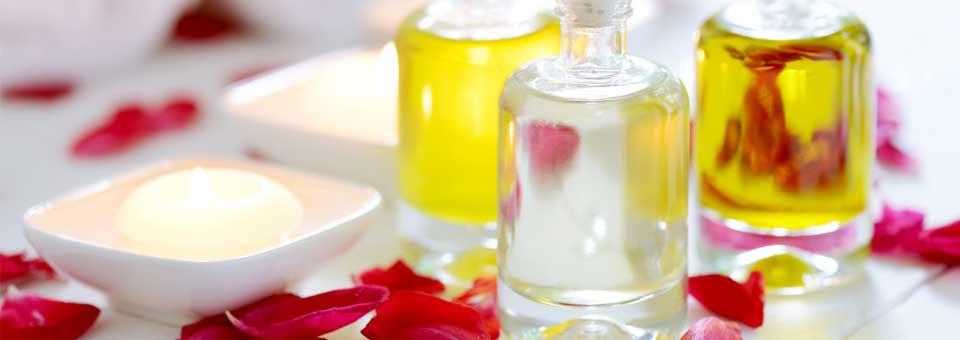
Did you get roses from your sweetheart today? I hope so! They’re a timeless way to say “I love you” on Valentine’s Day.
Even the ancient Greeks and Romans revered this flower. Its scent is so sensual the Romans had a tradition of scattering rose petals on the bridal bed. They knew that roses were a powerful way of putting lovers “in the mood.”
Let’s face it, sometimes we all need a little help in that department. And “getting in the mood” can be particularly tough for many women after menopause.
If this sounds familiar, you know that mainstream medicine doesn’t have any good answers for you. In fact, for decades, women were told to just “accept” it. They were made to believe that low libido was a normal part of aging.
That all changed in 2015 when a lack of sexual desire got a clinical diagnosis — hypoactive sexual desire disorder (HSDD). And of course, Big Pharma came out with a pill to treat it — Addyi.
This drug hasn’t proven to be very effective. And worse, it can cause a lot of unpleasant side effects, like low blood pressure, fainting, depression, dizziness, fatigue and insomnia. Does that sound sexy to you?
I didn’t think so!
Fortunately, Mother Nature knows what she’s doing when it comes to aphrodisiacs. And that’s where the rose comes in…
Research shows that the fragrance of roses stimulates your senses to create a sense of well-being and self-confidence. It may also help overcome impotence and frigidity, and calm nerves.
You see, the rose scent arouses the nerve endings in the most primitive, or limbic, part of your brain. The limbic system is the center of our basic instincts, including sexual response and emotions.
The effect of the rose’s scent on the limbic system is so strong it can even relieve sexual dysfunction.
In a double-blind, placebo-controlled study, researchers followed 50 women with sexual dysfunction and major depression. The women received either rose oil or a placebo. After just eight weeks the rose oil group reported more sexual desire, sexual orgasms and sexual satisfaction.1
Rose oil can also put you in the right mood because it relieves stress and triggers a relaxation response. In one study, 40 women applied rose oil to their skin. Researchers found the oil decreased breathing rate and blood pressure. The women using rose oil also reported feeling more calm and relaxed.2
The essential oil of roses may also ease menopause symptoms that could interfere with your love life. In one study of 52 menopausal women, those who received a weekly massage with rose or other essential oils had significant improvement in their menopausal symptoms.3
Hot to use rose oil to ignite your sexual spark
Rose oil is equally effective for men and women. If you’re planning a romantic evening, or just want to feel more upbeat and sexy, here’s what to do:
- Use rose oil as a perfume. Combine two drops of rose essential oil with coconut or sesame oil. Dab it on your neck and pulse points.
- Create your own erotic massage oil. Add two or three drops of rose oil to a tablespoon of jojoba or sesame oil. Use the blend to give your partner a romantic — and therapeutic — massage.
- Add rose oil to a diffuser. Add about five drops of rose oil to a diffuser in your bedroom. This also works well for helping to lift depression and anxiety.
- Boost your bath experience. Add five or six drops of rose oil and a teaspoon of coconut oil to warm bath water and soak it in.
Just one caveat…
Rose oil is very expensive to make. It takes at least 60,000 roses to produce just one ounce of oil. That’s why most manufacturers take shortcuts. Many extract the oil with a chemical solvent. The result is usually called “rose absolute.” But because of the chemicals left in the oil, I don’t consider this therapeutic grade.
Instead, look for rose otto oil or attar of rose that is steam-distilled from the flower of the plant. This is the same simple process that has been used for thousands of years.
Rose oil is pale yellow or olive green with a rich floral scent. Keep it in a dark glass bottle to preserve it.
And rose oil is very strong. So don’t use it in or near your eyes, mucous membranes or other sensitive areas. In fact, you might want to do a skin patch test to make sure you don’t have any allergies or sensitivities. (Pregnant women, nursing mothers and children should avoid using this oil.)
To Your Good Health,
![]()
Al Sears, MD, CNS
1. Farnia V, Hojatitabar S, Shakeri J, et al. “Adjuvant Rosa Damascena has a Small Effect on SSRI-induced Sexual Dysfunction in Female Patients Suffering from MDD.” Pharmacopsychiatry. 2015 Jul;48(4-5):156-63.
2. Hongratanaworakit T. “Effect of rose oil on humans.” Nat Prod Commun. 2009 Feb;4(2):291-6.
3. Hur M-H, Yang YS, Lee MS. “Aromatherapy Massage Affects Menopausal Symptoms in Korean Climacteric Women: A Pilot-Controlled Clinical Trial.” Evidence-based Complementary and Alternative Medicine?: eCAM. 2008;5(3):325-328.


